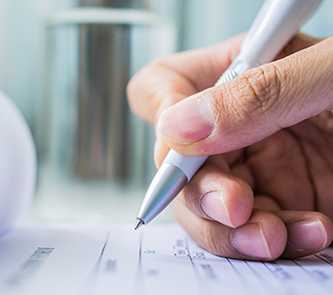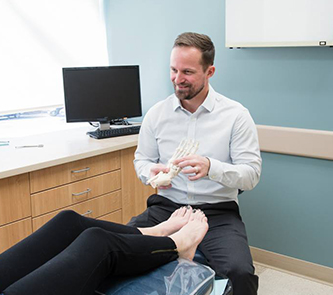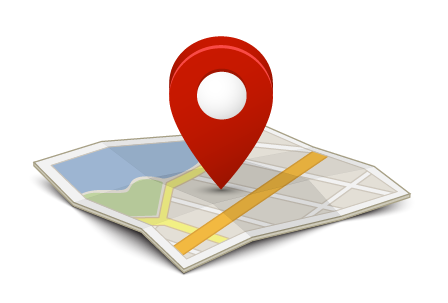I Am Pregnant and My Feet Hurt
Pregnancy is truly a wonderful thing, isn’t it?
Well, except for when your feet start swelling up, and standing or walking just becomes, well, a real pain!
The truth is, painful feet among pregnant women is not at all unusual. But that doesn’t mean you should just ignore the pain. This more-than-inconvenient discomfort can definitely be avoided if you just take some preventative steps along the way.
And understanding why your feet are giving you grief in the first place is a great way to start!
So Why are Your Feet Complaining?
Yes, we know; your feet are swollen and in pain due to pregnancy. But why does this beautiful stage in life come with these annoying discomforts?
You can blame your increased blood pressure and the amount of fluids your body is retaining in your lower extremities. Because of this you may also have already become familiar with another pregnancy symptom: frequent trips to the bathroom.
The weight of your growing baby and uterus may also put pressure on the veins that pass through the pelvis carrying blood back to the heart. This impedes circulation and contributes to the swelling of the feet and ankles, too.
Is that it? Unfortunately, not.
During pregnancy, hormonal changes “loosen” muscles, ligaments, and joints throughout the body. Although the main purpose of this is to allow the body to give birth, the lax ligaments can become the source of foot pain. And most pregnant women suffer from this in silence because they believe it is normal and unavoidable – but that’s not true!
In fact, there’s a lot you can do to help alleviate swollen, achy feet and legs so that you can more fully enjoy your pregnancy.
(And we will get to that in just a second, but first …)
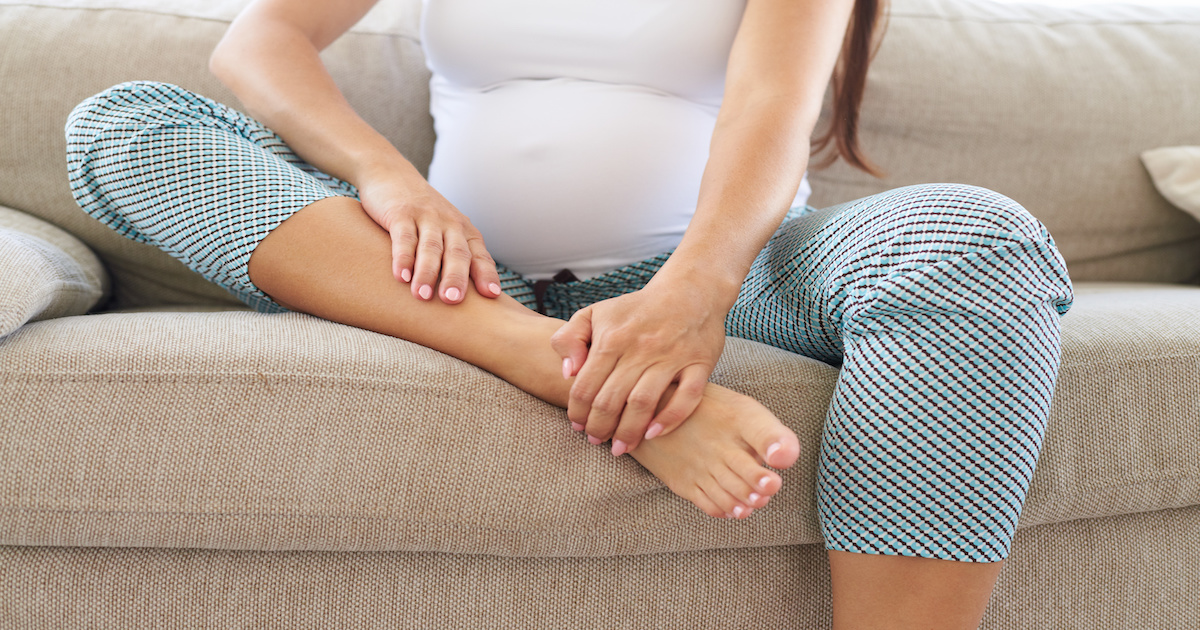
What Foot Conditions Can Develop During Pregnancy?
There are four major conditions that can cause foot pain during pregnancy. These include:
- Swollen feet. This is the most common foot problem experienced by pregnant women, and it is caused by the accumulation of excess fluids and blood in the tissues. Typically, edemas develop during the third trimester when pregnancy hormones are high in the blood and fluids that pass nutrients to the baby.
- Varicose veins. Varicose veins are dark blue swollen veins that may become more noticeable through the surface of the skin during pregnancy. They usually develop around the lower legs and thighs. Varicose veins are caused by weak valves that struggle to pump blood all the way back up to the heart and allow some blood to flow backward and pool in the legs.
- Leg cramps. These come about as sharp and painful muscular contraction in the legs. They take place mostly at night and are usually caused by tired legs and feet, dehydration, and/or mineral deficiency. Cramps typically occur during the second and third trimesters.
- Flat feet. Also known as fallen arches. During pregnancy, flatfoot can be caused by estrogen and relaxing hormones which cause ligament laxity between the heel and foot bones, producing pain and soreness at the arches and heels.
Now let’s talk a little more about how you can prevent these painful conditions from developing in your lower limbs so that you can keep enjoying this wonderous time in your life.
How Can You Prevent Foot Pain While Pregnant?
Unfortunately, many women suffer in silence whenever experiencing these painful symptoms while pregnant. Maybe it’s because they think it is just a normal part of being pregnant, or maybe it’s because they think it’s inevitable. But you don’t have to put up with your feet’s complaints!
Instead, follow these tips:
- Give your feet some rest. Stay off your feet throughout the day as much as possible, even if it’s just for a few minutes. And make sure your feet are elevated above heart level, if possible.
- Do some stretching.Stretch the calf muscles and exercise the toes to prevent cramps in the calves and achy feet.
- Limit your salt intake.Leave the shaker on the table to avoid retaining even more excess fluids.
- Stay hydrated. Drink lots of water throughout the day to flush out excess sodium or fluids in your body and reduce the swelling in your feet and ankles.
- Watch what you eat. Eat lots of fruits and vegetables to help improve your nutritional intake and reduce swelling in the feet.
- Get moving. Engage in regular exercise, like walking, to help the blood circulate, maintain efficient muscle function, and reduce the chance of getting leg cramps.
- Watch how you sit. Avoid crossing your legs while sitting. This position stresses the blood vessels, veins, and nerves.
- Consider orthotics. Use foot orthotics that offer good arch support to provide balance and comfort.
- Avoid going barefoot. Even when you are at home. Walking barefoot can increase foot pain and discomfort. Instead, use a pair of shoes around your house to serve as a cushion between your feet and the ground.
- Use compression socks. Regular tights can help, but if you are experiencing persistent swelling, we can prescribe you special compression stockings to enhance blood flow to your legs.
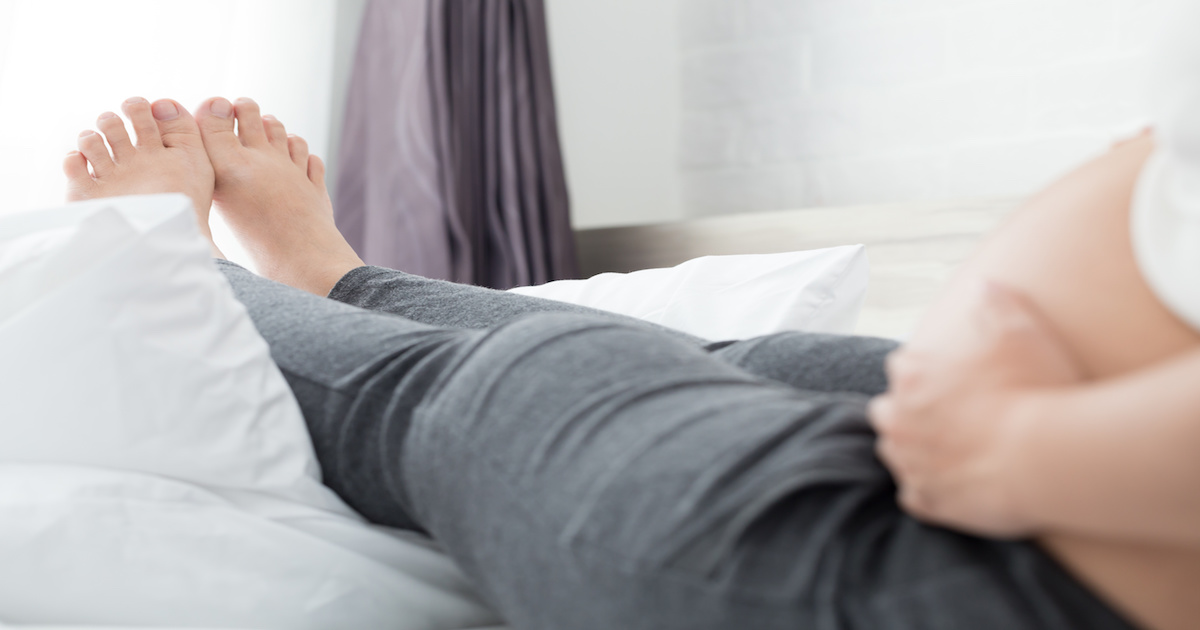
In rare cases, swelling and pain in the legs may be signs of more serious conditions. If you experience swelling or pain in only one leg, or if swelling comes about suddenly, you should come visit our office immediately.
We will perform a thorough evaluation of your feet, ankles, and lower legs to determine what is causing your symptoms and provide the best treatment options available for your specific situation. So don’t wait! Pending motherhood should be a pleasant, enjoyable experience, after all!
Come Visit Our Office Today
Pregnancy can bring its fair share of unavoidable discomfort, but you can be proactive in preventing foot and ankle pain. And whenever pain persists, you can count on us to provide the relief you need.
To make an appointment at our Northeast Foot and Ankle office, simply call us at (603) 431-6070 or fill out our handy request form online.
Pay Your Bill
Make a payment online through our payment portal or Care Credit!
Portsmouth Office
14 Manchester Square, Suite 250
Portsmouth, NH 03801
Nashua Office
17 Riverside Street, Suite 205
Nashua, NH 03062
Website Hosted by SC Digital

